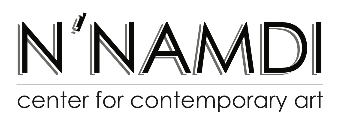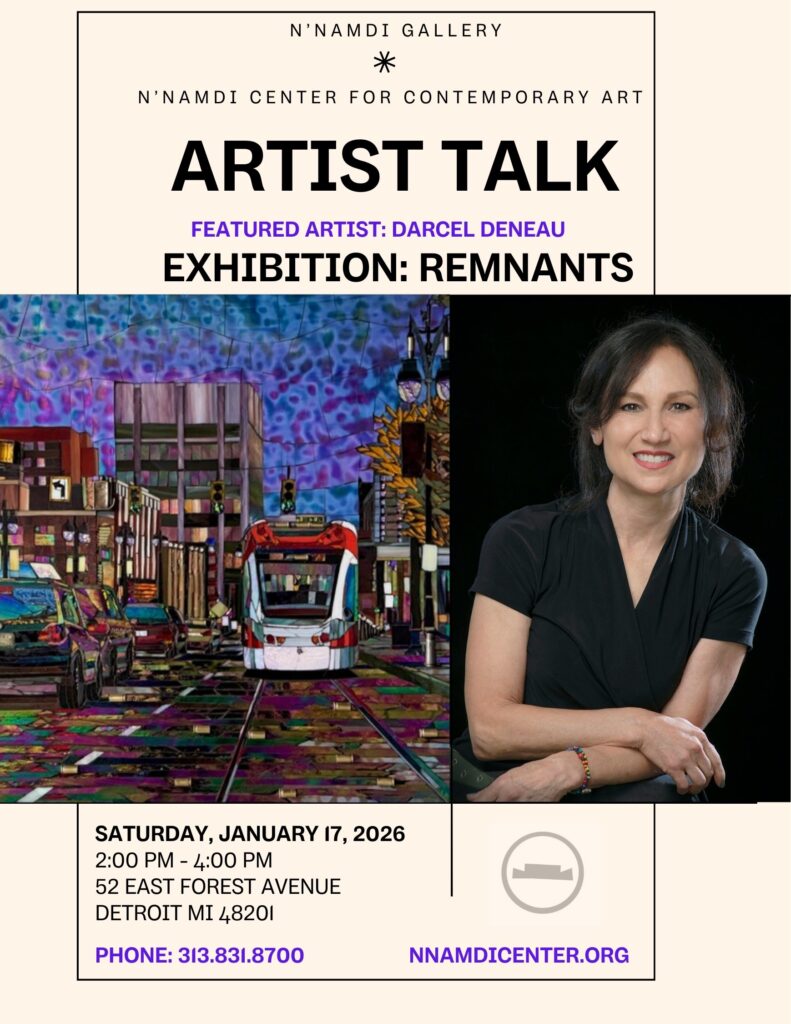My work is an ongoing exploration of Latin American culture—both within the diaspora and in its homeland. As a half-Panamanian, half-North American artist, I navigate the complexities of an identity shaped by two cultures and languages. Growing up, I spoke English, yet often dreamed in Spanish. This duality has become the lens through which I view the world, shaping my art in ways both profound and intimate. Traveling throughout Latin America has further informed my practice, blending the foreign with the familiar. My paintings do not seek to document specific places or events; instead, they act as landscapes of memory—spaces between dream and waking life. Through them, I explore the delicate balance between the sublime and the melancholic, translating my inner world onto the canvas.
Immersed in my father’s Latino heritage, I grew up listening to his stories, music, and language. These early influences laid the foundation for my creative journey. Latin American literature, from the magical realism of Jorge Luis Borges to the raw realism of Roberto Bolaño, continues to shape my work. I often explore oppositions—modern versus ancient, secular versus religious, text versus imagery. These contrasts reflect the cultural intersections that define my own experience.
In today’s socio-political climate, where the personal freedoms of marginalized communities, the integrity of science, and the stability of economies are under constant attack, my work has taken on a new urgency. The COVID-19 pandemic, with its profound toll on lives and livelihoods, has only deepened my reflections. These crises—both local and global—inform my recent pieces, which serve as an indirect commentary on the struggles we face as individuals and as a society.
Through these evolving themes, I strive to bring attention to the nuances of identity, culture, and the ongoing dialogue between personal and collective histories.
Mel Rosas: La Frontera @ N’Namdi Center for Contemporary Art
Two bullets changed my life forever. One took my father's life at the age of 54, and the other struck my mother in the head, leaving her with lifelong challenges. While this tragedy was the catalyst that redirected my life toward art, the pain and loss have been profound.
With over a decade of experience as a painter, eight years ago I transitioned to stained glass as my primary medium. I discovered that by using broken glass and found objects, I could build realistic images of a shattered city, strengthening my message about the resurgence of Detroit.
Now, 28 years after the tragedy, I feel compelled to address the senselessness of gun violence through my work. Each time I hear about another mass shooting, my heart breaks for the families involved. I feel a deep sense of empathy for the immense pain and suffering they are enduring.
The work presented here represents the first four pieces in a new series, “The Right to Bear Arms?” This series explores how gun violence impacts not just the victims and their families, but the entire community. Like a pebble thrown into a pond, the ripples extend far beyond the immediate tragedy, affecting extended families, friends, and neighbors. When I think of mass shootings, especially those involving children, I am struck by the far-reaching effects on the entire community.
A recurring theme in this body of work is the idea of “remnants” the physical and emotional fragments left behind in the wake of tragedy. Bullet casings, broken toys, and personal items become symbols of the loss, and these remnants evoke the painful memories and grief that linger long after the event itself.
The first piece in this series is titled The Remnants That Are Left Behind. It depicts a beautiful sunset, but upon closer inspection, we see the remnants of what has been lost. For the families and communities affected, these remnants symbolize the overwhelming task of rebuilding, of finding a way back to a life where they were whole, and to a time when they felt safe.
Every thought is a prayer. Every movement is an act of faith or fear. Every visual leaves an indelible impression on the soul, ignites memory, magic, possibility, and either reinforces or erodes belief. The need for beauty is more than aesthetic—it is physiological. With these fragments I aspire, simply, to give something restorative to the world: I search for promise in the future and call to protect what remains of purity and truth; I look at the Black woman as a portal for life, through the ages and for all humankind; I celebrate the multi-facets of African American-ness; and, most of all I pray, not in words but in color, for our children. It is with an acute awareness that inspiration wanes, expires, and requires a constant stream of reinforcement that I offer these humble morsels of realness, imagination, and hope.
Acclaimed art connoisseur and partners to bring a living-and-retail experience to Live6
On a stretch of McNichols in between the University of Detroit and Marygrove College campuses lies an inconspicuous property on a quiet residential street corner.
7303 W. McNichols is currently an abandoned building but may soon become one of Detroit’s most exciting new residential and commercial developments in years.
The project will catalyze the economic activity coming to the Bagley/Fitzgerald neighborhood by adding housing units and commercial offerings, and led, in part, by one of Detroit’s foremost art collectors, galleries George N’Namdi, the property will be a work of art as well as a showplace for it.
About N’Namdi Center for Contemporary Art
The N’Namdi Center for Contemporary Art is a nonprofit dedicated to enlightenment through the arts. Created by George N’Namdi, this state of the art facility includes four exhibition spaces, including indoor and outdoor performance areas. George N’Namdi is a leading art dealer, with 30+ years experience as a gallery owner. The Center continues N’Namdi’s work in the preservation of master artists and providing local artists a home for their art, including performance art and experiential theater.
The Center also offers an array of programming including juried shows, lectures, art invitationals, family events, and an artist in residence program. The N’Namdi Center Complex houses Seva, a vegetarian restaurant; a gift and bookstore; wine bar; and additional boutique stores.
In addition to the exhibitions on view in our galleries, the N’Namdi offers a variety of programs designed to promote understanding, appreciation and knowledge of the arts.





